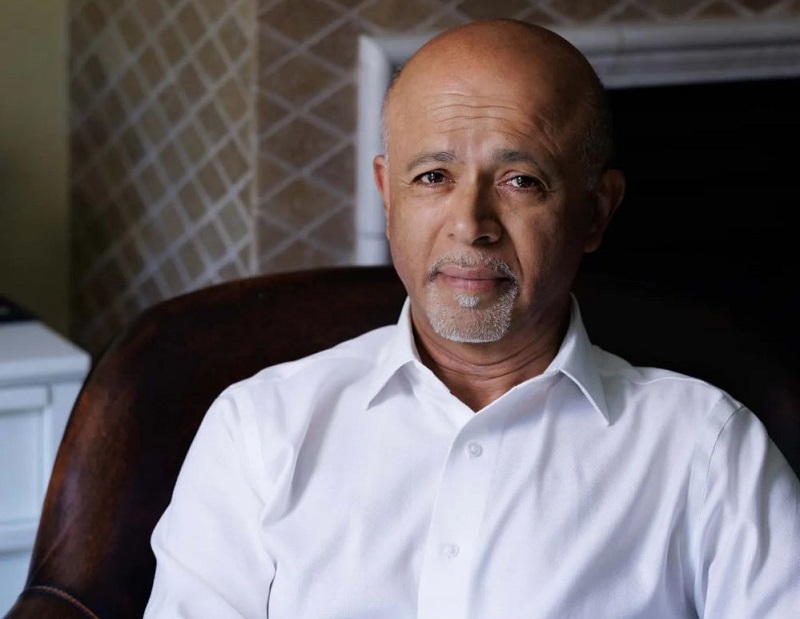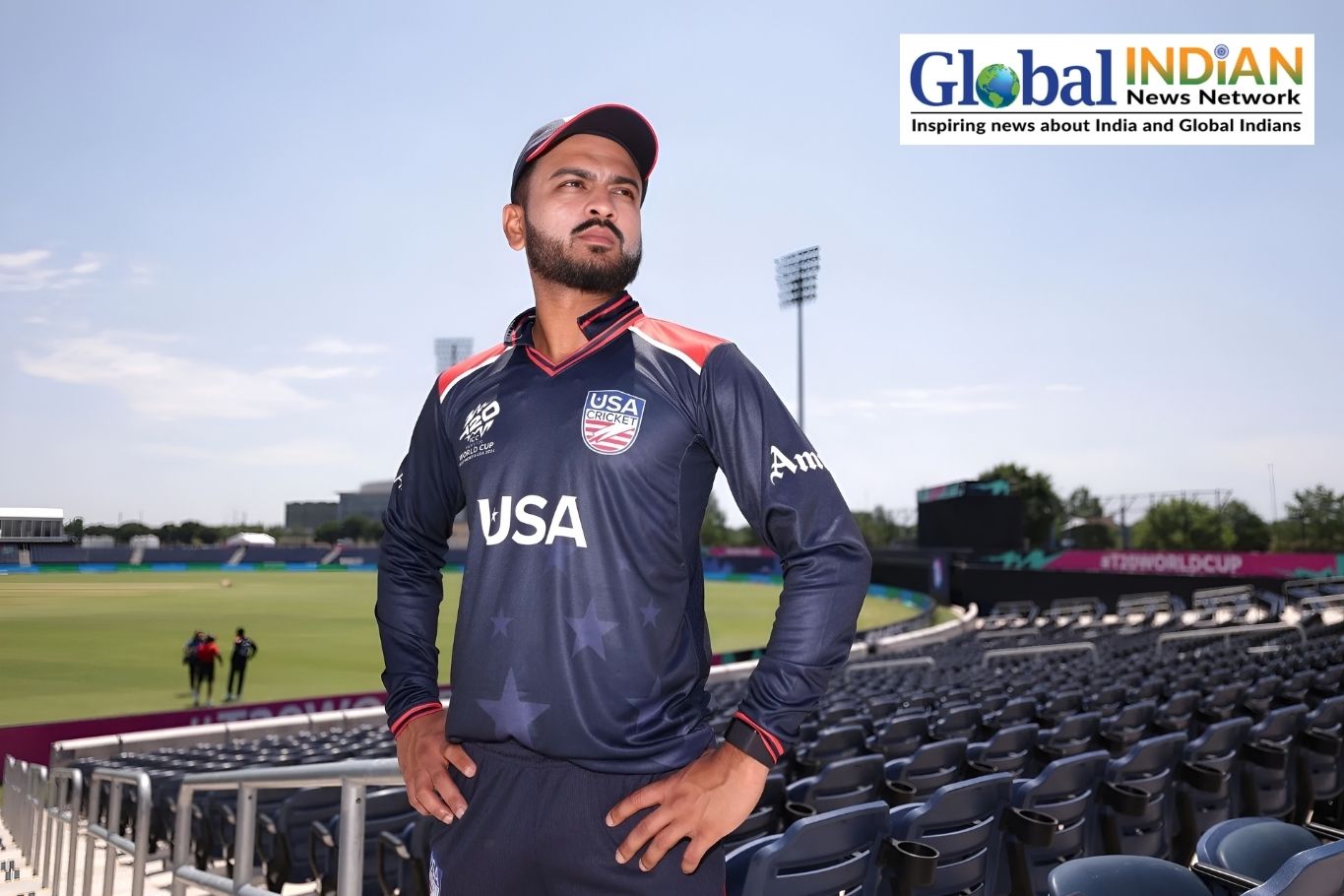
Harvard University has selected Abraham Verghese—bestselling author, Stanford professor, and renowned physician—as the principal speaker for its 374th Commencement ceremony on May 29. Verghese, known for his contributions to medical humanities and patient-centered care, will also receive an honorary degree during the event.
A professor in Stanford’s Department of Medicine, Verghese has dedicated his career to enhancing the physician-patient relationship. He founded Presence, a Stanford center focused on the human experience in medicine, and the Stanford Medicine 25, an initiative emphasizing bedside diagnostic skills. His teaching stresses the importance of empathy and human connection in healthcare.
Harvard President Alan M. Garber praised Verghese’s “breathtaking creativity, outstanding achievement, and exemplary service,” adding that his work as a physician, educator, and writer exemplifies excellence across disciplines.
Beyond his medical career, Verghese is an acclaimed author. His memoir My Own Country was a National Book Critics Circle Award finalist, and The Tennis Partner was named a New York Times notable book. His 2009 novel Cutting for Stone remained on the New York Times bestseller list for two years, while his latest work, The Covenant of Water, was an Oprah’s Book Club selection and is being adapted by Netflix.
Born in Ethiopia to Indian parents, Verghese studied medicine at Madras Medical College before moving to the U.S. for further training. His career has included roles at East Tennessee State University, Boston University, and the University of Texas, where he founded the Center for Medical Humanities and Ethics. He joined Stanford in 2007.
Verghese has received numerous honors, including the Heinz Award for Arts and Humanities and the National Humanities Medal, which was presented to him by President Barack Obama in 2016. He holds elected membership in both the National Academy of Medicine and the American Academy of Arts and Sciences.
His selection as Harvard’s Commencement speaker highlights the growing recognition of humanities in medicine and the impact of storytelling in shaping healthcare narratives.









